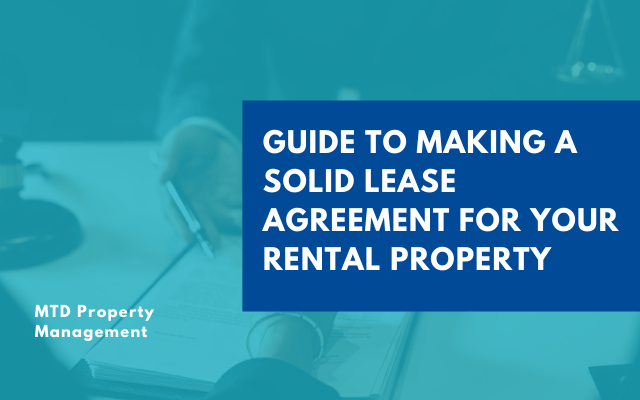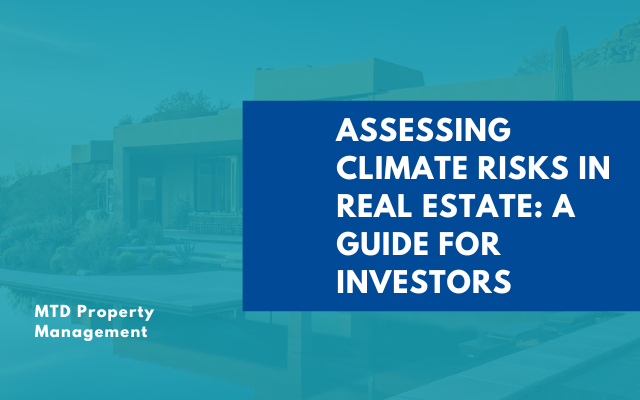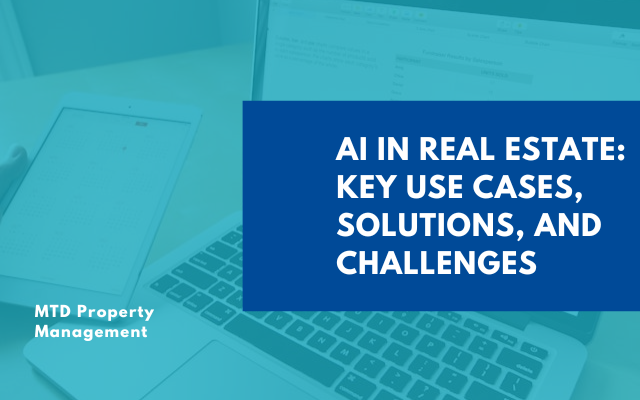Guide to Making a Solid Lease Agreement for Your Rental Property

Renting out a property does come with some risks – your tenant could stop paying rent, move out without settling their utility bills or even cause excessive property damage! If you rent to a tenant without an existing contract, you have no way of holding them accountable for their negligent actions.
That’s where a lease agreement comes in! These agreements bind both parties to adhere to certain rules for a predetermined amount of time. For example, lease agreements indicate how and when tenants must pay rent and what fees they may incur for late payments.
To ensure your property and rental income are safe and secure, there are important clauses that a solid lease agreement should contain.
You can find these clauses below!
Names of All Parties to the Lease
A lease is a contractual agreement. As such, it must contain the names and addresses of all parties involved. In addition, you must remember to include your property’s
full address – if the rental unit is in an apartment complex, then be sure to include the unit number.
Rent Due Date
For clarity’s sake, specify the specific date that rent is due. For example, many landlords expect rent on the first day of every month.

Including this detail will help avoid any confusion so your tenant knows when rent is due.
Move-In Costs
No one likes surprises, especially when they involve spending money! So, be upfront from the beginning regarding move-in costs. For instance, you should let your tenant know about security deposit amounts and any other fees! Other costs may include fees for late rent payments and bounced checks, and deposits for keys and pets.
Duration of the Lease
Clearly indicate the amount of time the lease will be active. For example, if it’s a one-year lease, make sure to state both the start and end dates including month, day, and year. Only stating the length of the lease can cause confusion resulting in renters understating or overstaying their tenancy.
Signatures
Once you’ve walked your tenant through the lease agreement and they have agreed to the terms of tenancy, have all parties to the agreement sign the lease. Signatures indicate that everyone involved has reached a clear understanding of the terms and conditions covered in the contract. You should also include the date when the agreement came into place.
Landlord and Tenant Responsibilities
Let your tenant know what you expect of them during their tenancy. The following are some responsibilities you may want them to know about.
- Abiding by all terms of the lease agreement.
- Not disturbing their neighbor’s peace and quiet.

- Caring for the property by causing damage deliberately or negligently.
- Reasonably using all utilities such as plumbing, electrical, heating, and appliances.
- Disposing of garbage and other waste in a safe and sanitary manner.
- Keeping the premises clean and sanitary.
- Complying with all of the minimum standards for housing codes related to health and safety.
- Leaving the premises in good condition at the end of their tenancy.
- Notifying you of any maintenance issues as they arise.
And while you’re at it, we recommend letting your tenant know that you reserve the right to evict them and/or hold them liable for any financial damages they cause by not adhering to the terms of the lease agreement.
As landlords have responsibilities too, to
ensure a positive relationship with your tenants, you should let your Chicago tenants know about what they can expect from you.
Common landlord responsibilities include:
- Maintaining the property to pertinent codes.
- Following proper eviction procedures in accordance with Illinois landlord-tenant laws.
- Treating tenants equally and respectfully without any form of discrimination on the basis of protected characteristics.
- Ensuring your tenants live in and enjoy peace and quiet.
- Keeping all vital services, such as heat, electricity, and plumbing, in good working order.
- Providing proper trash receptacles.
- Maintaining any common areas.
- Disclosing mandatory information to tenants prior to their move-in date. In Illinois, landlords must make mandatory disclosures on things like rent concessions, smoke and carbon monoxide detectors, and radon contamination.
Right to Entry
Your tenant has a right to peace and quiet in accordance with the federally mandated
Implied Covenant of Quiet Enjoyment.

However, that right must also accommodate your right to enter the rental unit. As a landlord, you have a right to enter your rental property to perform crucial responsibilities.
Such responsibilities include:
- Inspecting the unit for lease violations.
- Showing the unit to prospective tenants and buyers.
- Adhering to court orders.
- Serving important notices.
However, prior to entry, you must also let your tenant know in advance that you’ll be entering the property. Although Illinois doesn’t have provisions governing how much notice must be provided, most landlords provide notice 48 hours in advance.
Allowable Conditions for Breaking the Lease
Things don’t always go as planned. While your tenant may have initially intended to stay for the long haul, something may happen that could cause tenants to break their lease.
Situations that legally justify breaking a lease include:
- Starting active military service. Active service members are protected by the Servicemembers Civil Relief Act.
- If the unit is no longer habitable. If landlords fail to complete necessary maintenance, tenants can move out citing unlivable conditions.
- If you harass your tenant. For example, harassment includes violating tenants’ privacy or changing the locks on the rental unit.
- If the tenant becomes a victim of domestic violence.
However, sometimes tenants break lease agreements for reasons that aren’t legally justified.
These include:
- Breaking the lease to move into a new home.
- Relocating for a new job or school.
- Moving out to downsize or upsize.

In these cases, you may want your tenant to know that they may be legally and financially liable for any lost profit you may experience.
Bottom Line
Renting out a property can open up a new income stream for you and provide astounding benefits. However, like any other investment or business, challenges may arise. Luckily, you can minimize issues and conflicts with your tenant by having a detailed lease agreement.
If you’re looking for more information on drafting lease agreements, or are interested in our comprehensive property management services - reach out to
MTD Property Management today!









